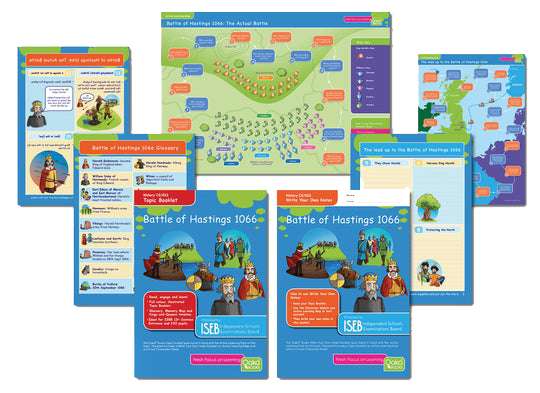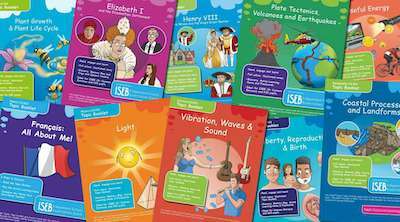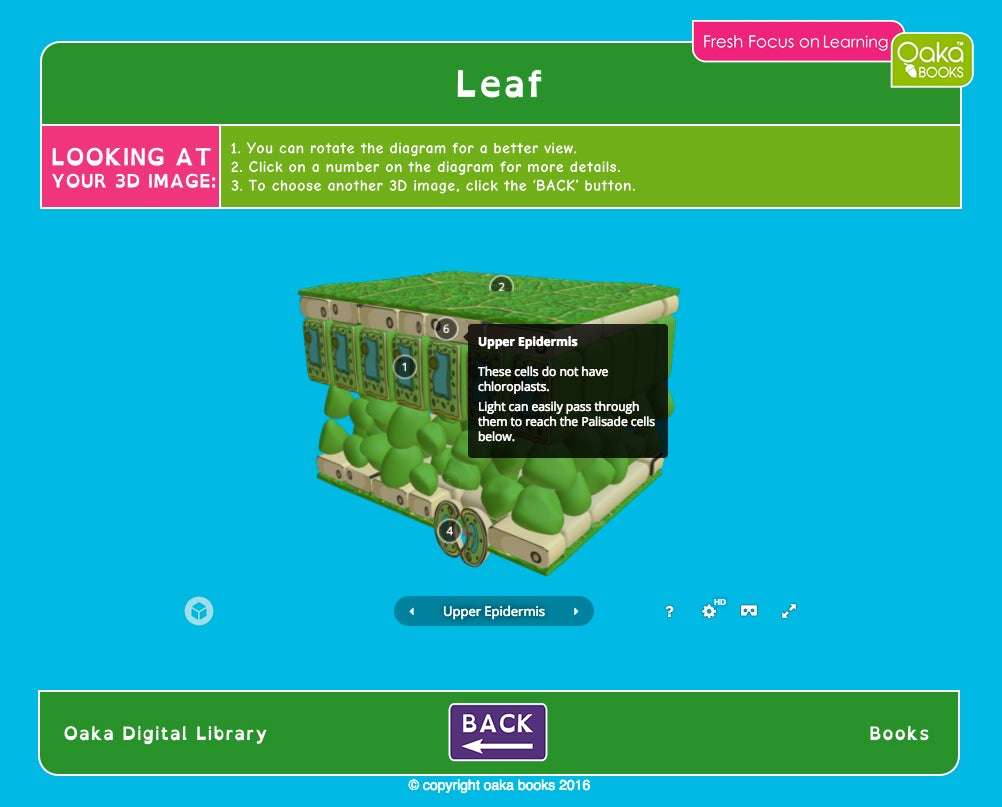Why use a tricky word to spell and read to describe a condition that means you find spelling and reading difficult? Considering that the word ‘dyslexia’ is used to describe difficulty with reading, it is a strange choice of word.
The meaning of the word ‘dyslexia’ originally comes from the Greek word ‘dys’, meaning poor or inadequate. The other half, ‘lexis’ translates as words or languages. This implies that people who have the learning disability are poor with language tasks. Through the breakdown and translation of the word dyslexia, it is clear as to why it has been used. However the meaning of dyslexia and what it translates to, causes one to consider why such a difficult word was chosen for people with dyslexia?
Perhaps back in the 19th century, there was not the same amount of knowledge available about dyslexia as there is today. On the other hand, it could be the fact that many had the view that people with these kinds of learning disabilities were just lazy and slower than the rest. However, in recent years, views have changed and it is now understood that people with dyslexia just need to be taught in different ways in order to succeed. Does this mean that perceptions and teaching resources have changed over time in order to adapt to this learning difficulty? Could this perhaps lead to reforming the term for dyslexic people? As hard as the word may be to spell, it is unlikely to change any time soon.





